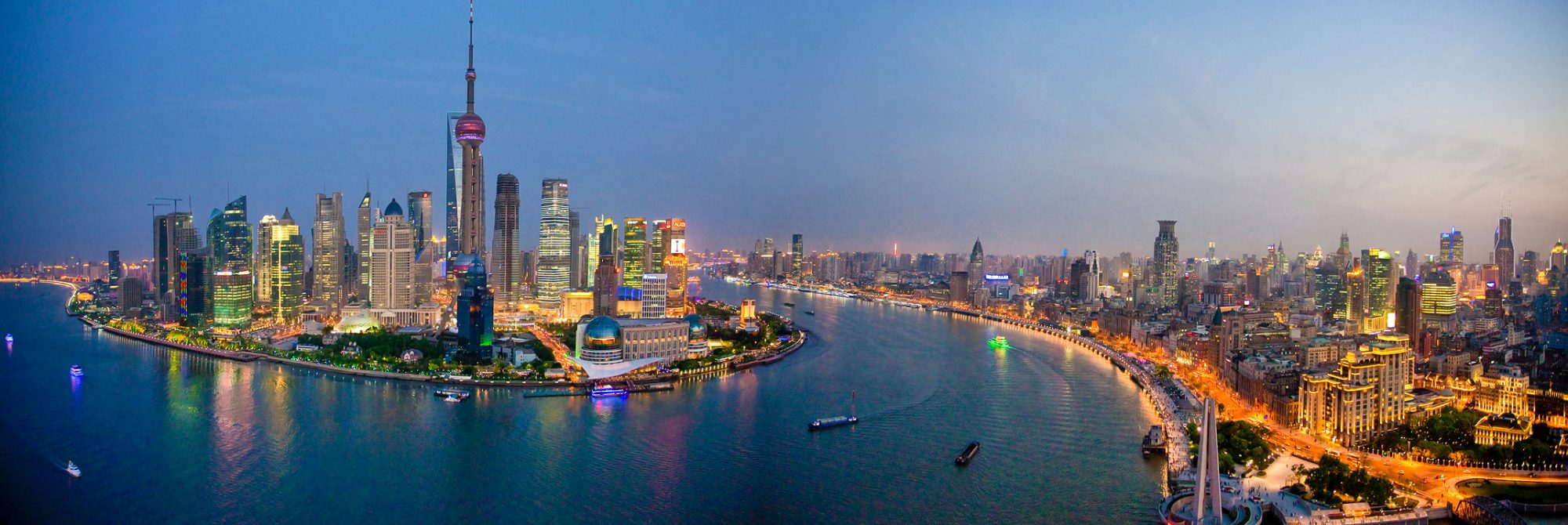Macau is the lesser known of the People’s Republic of China’s two special administrative regions (SARs) on the Pearl River delta (the other being Hong Kong). It was founded by Portuguese traders in 1557 and since then was a lucrative trade port between Europe and East Asia. In 1999, the Portuguese government returned the colony to Chinese sovereign control, and while technically part of the “One China, Two Systems” policy, Macau has seen Beijing taking steps to reign in its autonomy and gain further control of the city.
However, as compared to Hong Kong, where thousands protest similar actions by Beijing in the streets, Macau’s protesters are disparate and few in number. It isn’t that the push for democracy is anything new in Macau- the pro-democratic New Macau Association has been around since the 1990s- but moreso that Chinese rule has benefited Macau quite nicely. In the 1990s, before being reunified with China, Macau was in ruinous economic recession. But when the People’s Republic gained authority, it started Macau’s thriving casino industry, which caters to tourists from all over Mainland China, southeast Asia, and the world, paving the way to a so-called “Golden Decade” for Macau. Many in Macau who remember the time before reunification know their rights, especially to self-determination, are being threatened, but complain far less than Hong Kong because of how much the People’s Republic has done to revitalize the economy. Many, as opposed to Hong Kong, are content with their status.
Still, there are some that continue the fight against the Communist Party of China and its government. The push in Macau for democracy can be considered nascent because only now it is starting to gain traction. It is gaining traction with students and the youth, who don’t remember a time when Macau was in dire straits economically, and thus have nothing to thank the People’s Republic for but continued infringement on their rights. Over the next five to ten years, we will have to wait and see if Macau takes up the banner of democracy just like its brother across the bay, Hong Kong. If the Chinese economy slows, a trend that is beginning to show in the yuan and in rising labor costs, and Macau’s economic glory begins to fade, the calls for the democracy will grow louder and louder until they can no longer be ignored.
